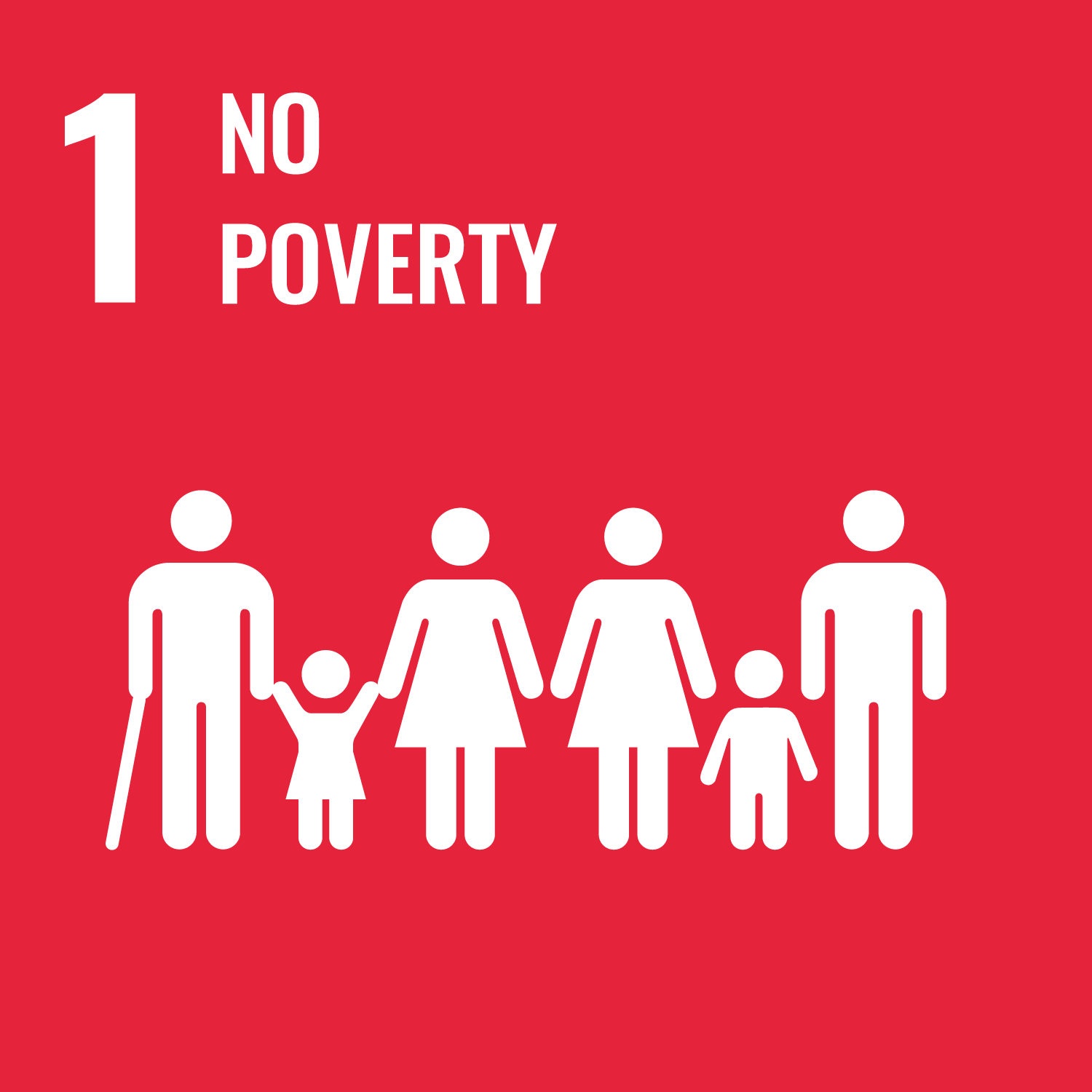SDG Detail
GEOG 205 : Environment and Society
Undergraduate courseProject description
In this course students will have gained an understanding of the interconnections between environment and society. Case studies from around the world highlight the ways in which people's knowledge, attitudes, social norms, and worldview influence how the perceive and interact with the environment, which includes how they respond to environmental issues (including pollution, biodiversity loss, climate change, and water scarcity) and how they engage with animals. Through lectures that cover everything from different understandings of nature, the management of freshwater and fisheries, food production and environmental justice, and responses to climate change, the lectures highlight how different forms of knowledge (scientific, local, Indigenous) mediate individuals, communities and institutions interactions with the environment and the management of resources.
Project aims
?
Project outcome
1. Evaluate key theoretical ideas about human-environment relations using place-based case studies from Aotearoa/New Zealand and beyond (Capability 1, 2, 5 and 6) 2. Demonstrate an introductory understanding of the diversity and depth of human geography scholarship on environment and society interactions (Capability 1, 2 and 6) 3. Be able to nvestigate and critique complex environmental problems in Aotearoa/New Zealand, Oceania, and beyond (Capability 1, 2, 3 and 5) 4. Be able to critically discuss, organise and synthesise environmental geographical knowledge about how different views, attitudes, and values influence people�s interactions with the environment (Capability 1, 2, 3, 4 and 5) 5. Develop and demonstrate an engagement with a diverse social groups� positions by distinguishing multiple ways of seeing and valuing different knowledges (Capability 1, 4, 5 and 6)
Related SDGs
The corresponding sustainable development goals correlated with this project. You you click the icon to link to SDG category description page.









